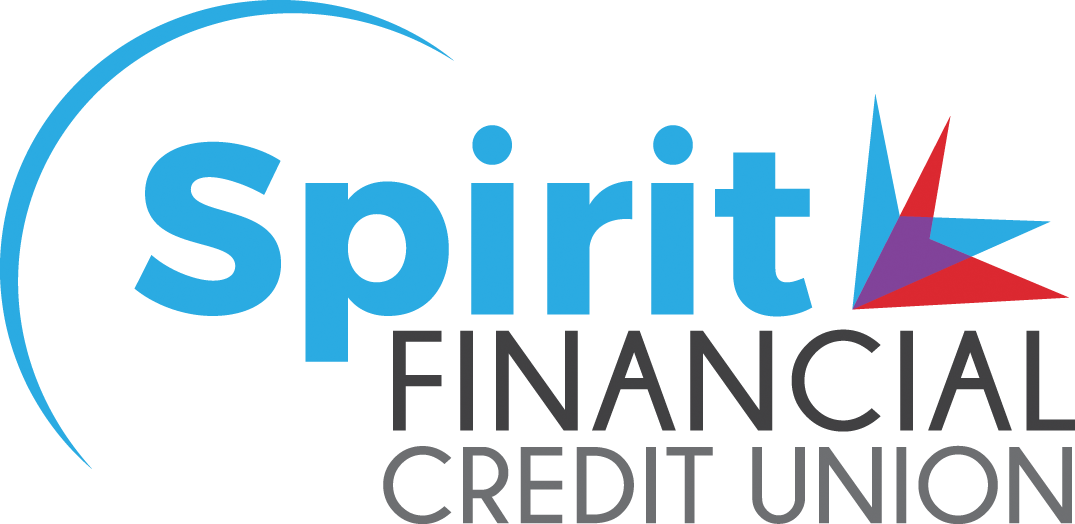Don’t Get Scammed Out of a Happy Holiday
The holidays are a busy time for most of us, and sometimes we make the mistake of letting our guard down when it comes to protecting ourselves from scams. While the holidays should be the season of joy, lately they have been the season of scams. Here are some popular scams that are rampant this holiday season.
3 Common Holiday Scams
1 Package Delivery Scams
‘Tis the season for giving, and packages are being delivered in record numbers this month. Deliveries are coming from everyone from Amazon to FedEx, UPS, and the US Postal Service. The latest scam has crooks sending texts that mention a package delivery. The text may read that your package was unable to be delivered and ask you to click on a link. It may then ask for your username and password for the company’s site. They may ask you to pay a small fee to have the package delivery rescheduled. Once you fall for the scam and input your credit card number, they will take it and use it for their own holiday spending spree.
Protect yourself from package delivery scams: Watch out for texts or email messages that ask you to reschedule a delivery or pay a small delivery fee, the message may look legitimate, but it may be a scam. If you get a text like this, DO NOT click the link. You may be downloading malware onto your computer. Never provide personal information to an unsolicited caller, text, or email. Legitimate delivery services will usually leave a “missed delivery” notice on your door with instructions. They typically will not text you. If you have any questions, call the delivery company directly using a legitimate contact number that you found online.
2 Charity Scams
It’s a sad fact that charity scams are prevalent during the holiday season, with scammers taking advantage of the generosity of many individuals. Scammers may create fake organizations to entice you to donate money, reaching out via social media or through other avenues. These scams may tug at your emotions during the season of giving, but beware, they may not be legitimate.
Protect yourself from charity scams: Never give a donation to a person or charity that you have not verified as legitimate. Never give in to pressure to give right now. A legitimate charity will not pressure you. To check out a charity you may be unsure of, search them on a charity watchdog, such as Charity Navigator, Charity Watch, or the Better Business Bureau’s Wise Giving Alliance. If you’re unsure about a link in an email that looks like it’s from a reputable charity, don’t click on it. Search and go to their website and donate directly from there. Scammers will often mimic the names of familiar and trusted charities.
3 Gift Card Scams
Gift cards of one some of the most popular gifts for the holidays and scammers know this. According to the Federal Trade Commission, gift cards are the #1 payment method of choice for scammers, leading to a reported $148 million stolen from consumers. If someone requests payment for something via a gift card, it is probably a scam. Gift cards are targeted by scammers because they are virtually untraceable and easy to convert to merchandise. For many merchants, gift cards have the highest fraud attempt rate of all products sold.
Protect yourself from gift card scams: If someone requests payment for something via a gift card, it may be a scam. Walk away from the situation. Buy gift cards only from retailers you know and trust. Avoid buying them from online discount sites, as they may be stolen or fake. If you’re purchasing a gift card in a store, check the packaging to be sure it hasn’t been tampered with and double-check that the pin number is not exposed. Always keep the gift card receipt. Treat gift cards like cash and protect them. If one is lost or stolen, report it to the card’s issuer immediately.
Stay safe from scammers this holiday season and report any suspected fraud to the Federal Trade Commission and your financial institution. Tap to learn more about reporting scams and fraud from USA.gov.
Learn more about dangerous scams in our blog “Protect Yourself from Common Phishing Scams.”



